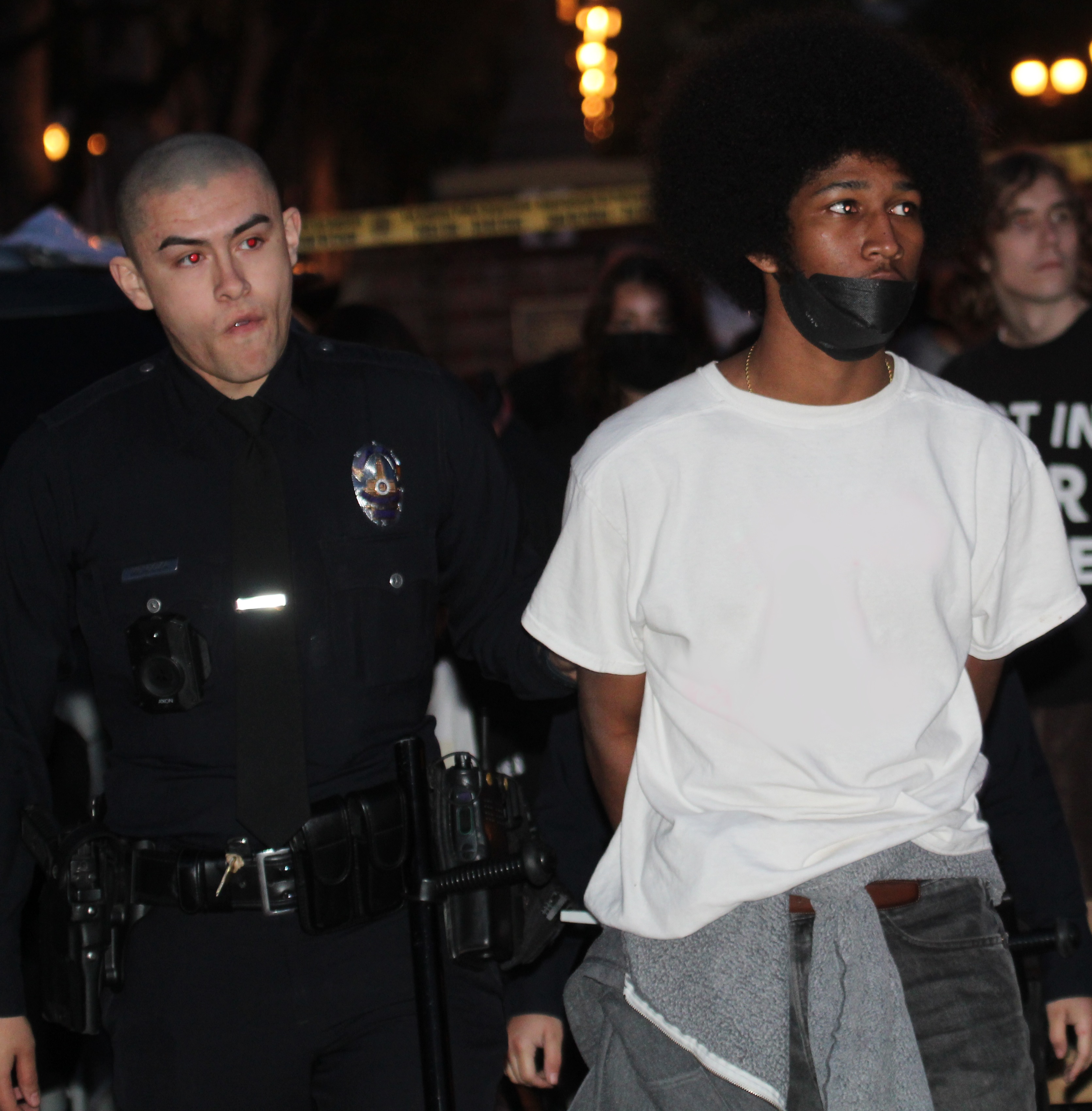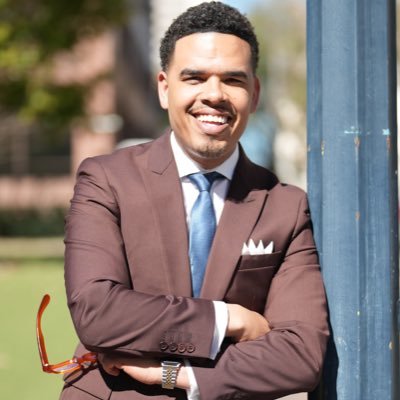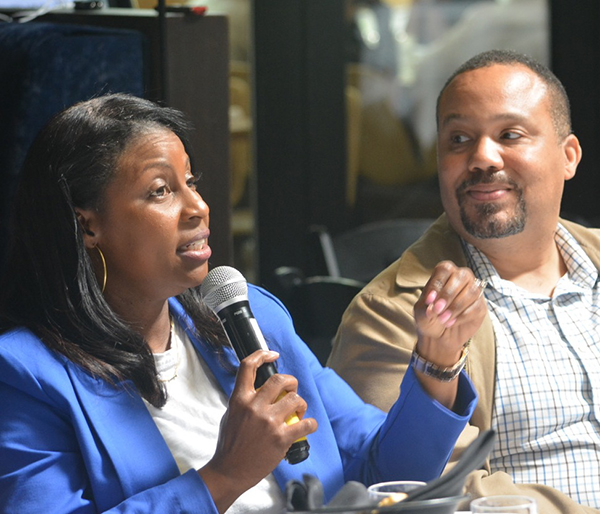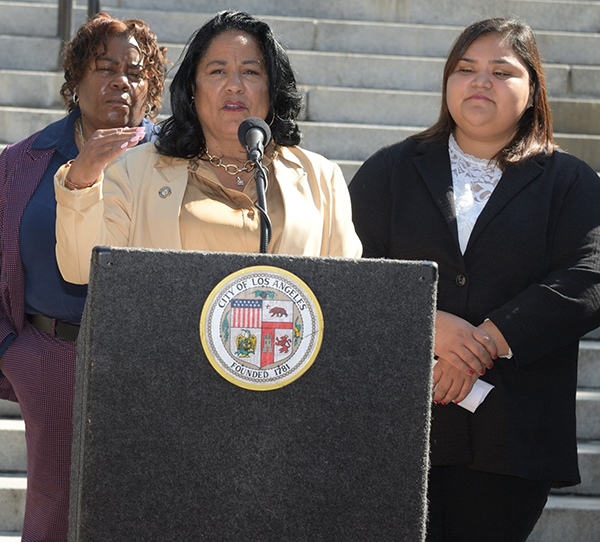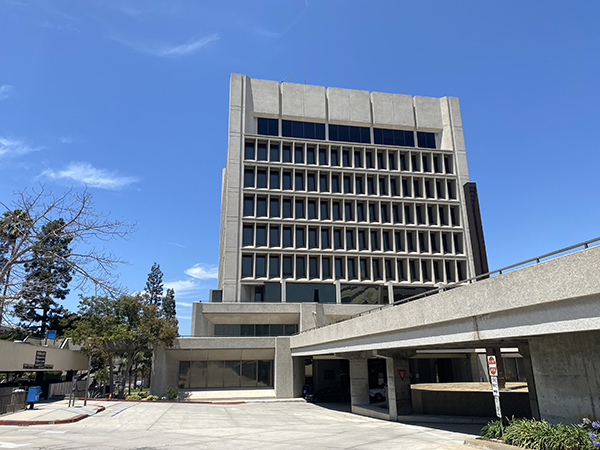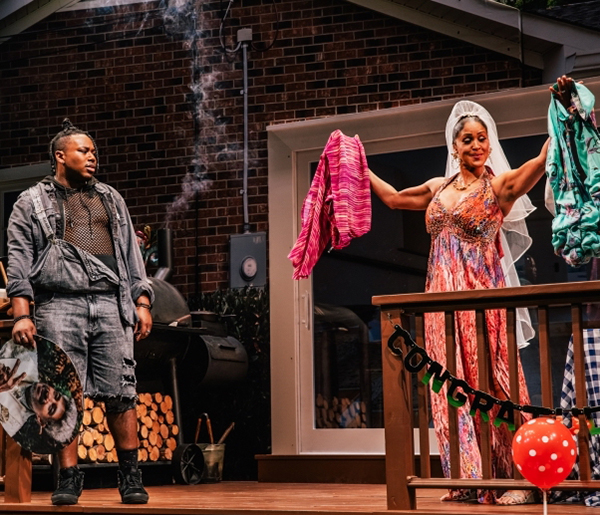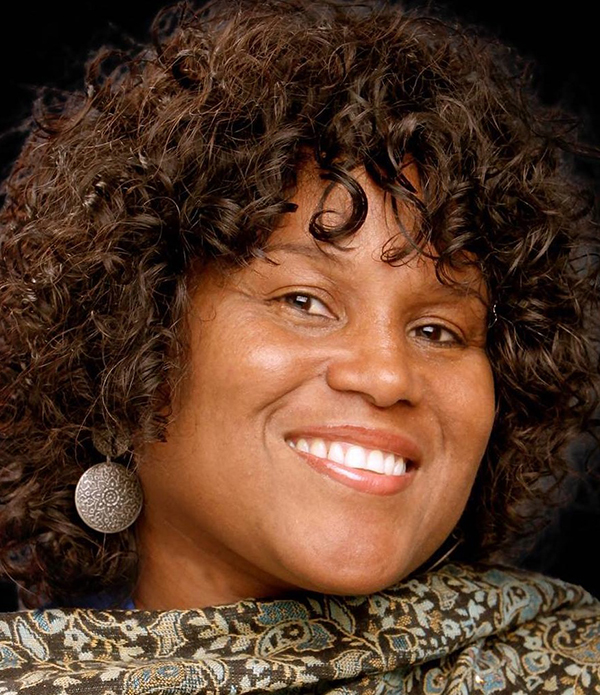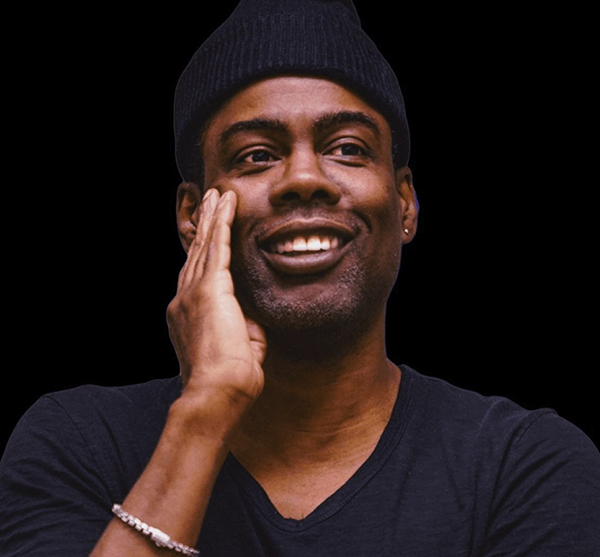By Darlene Donloe
Contributing Writer
“To be, or not to be, that is the question.”
That’s a popular line from William Shakespeare’s “Hamlet,” Act 3 Scene 1.
Playwright James Ijames, 44, has always loved “Hamlet.”
He was in a student-directed version of the show when he was in college.
“I felt like I identified with the outsider quality,” said Ijames, who studied drama at Morehouse College in Atlanta and Temple University in Philadelphia. “I always wanted to do an adaptation of something. So, I figured out how to bring ‘Hamlet’ into a contemporary moment. I wanted the people to sound like those I grew up with in the South.”
The result was ‘Fat Ham,’ a loose adaptation of Shakespeare’s “Hamlet,” which Ijames, a North Carolina native, transported to the American South. It takes place in the backyard of a family that owns a barbecue restaurant.
His “Fat Ham” literary efforts garnered Ijames the 2022 Pulitzer Prize for Drama.
In “Fat Ham,” we meet Juicy, a young, queer Black man with a Shakespearean-sized dilemma. When the ghost of his dead father shows up at his family’s barbecue wedding reception demanding his murder be avenged, does the poetic and sensitive Juicy have it in him to do the deed, or will he “to thine own self be true?”
The prolific playwright who has written 11 plays that were produced and nine that are unproduced, some of which are commissions, has many awards for his diverse work — some of which includes “Kill Move Paradise,” “The Most Spectacularly Lamentable Trial of Miz Martha Washington,” and “TJ Loves Sally 4 Ever.”
Ijames, who is married, is also a director and an associate professor of theatre at Villanova University. He is the recipient of the F. Otto Haas Award for an Emerging Artist, two Barrymore Awards for Outstanding Supporting Actor in a Play, two Barrymore Awards for Outstanding Direction of a Play, a Pew Fellowship for Playwriting, the Terrance McNally New Play Award, Kesselring Honorable Mention Prize, the Whiting Award, a 2019 Kesselring Prize for “Kill Move Paradise,” anda 2020 and 2022 Steinberg Prize.
I recently spoke to Ijames about his career including his upcoming production, “Fat Ham,” direct from Broadway, and slated to open in the Gil Cates Theater at the Geffen Playhouse April 5.
DD: Tell me about “Fat Ham.”
JI: It’s based on “Hamlet.” I was in a student-directed version in college. I felt like I identified with the outsider quality. I wanted to do an adaptation of something. I figured out how to bring it into a contemporary moment. I wanted the people to sound like those I grew up with in the South.
DD: Describe the title “Fat Ham.”
JI: I wanted to write a Hamlet that flew in the face of what I typically saw in productions, which was thin and athletic. I’m going to write a version where you have to cast an actor that wasn’t thin. The color was always going to be a Black person.
DD: Tell me about how the idea first hit you about reimagining “Hamlet.”
JI: I was in college the first time I read it. I was cast in the play. I felt it was going to be stodgy and old. Instead, it felt action packed. It moved me. When all the stuff comes out at the end with him and his mother — it’s a moving scene. At the time, I hadn’t experienced a lot of grief.
DD: Do you cringe when/if people describe the show as “Hamlet with Black people?”
JI: Very few things bother me. I’m relatively easygoing. In essence, it is. It’s more than that. I’ve made the story my own.
DD: Describe the main character, Juicy.
JI: Juicy is quiet but curious. He’s that kid that spoke like an adult before he was an adult. The kids seemed more together. He’s growing into adulthood. He’s a person bound by tradition. He feels he must stick around with his mother. He’s a queer kid in the South. I grew up and it was hard for me to hide. It makes you tough in a different kind of way. It makes you, it’s hard to describe. I don’t belong here, but culturally you feel like you’re supposed to be there. It creates a weird kind of confidence. Juicy is that kind of person. He’s always quoting Shakespeare. He feels intrepid.
DD: Talk about why Black and queer stories are important.
JI: There are so many of them we haven’t seen dramatized and that we haven’t seen embodied. I say that knowing that the stories of Black women are important and that they aren’t as mainstream as they should be. There are many stories we need in the foreground.
DD: Why did you decide to make “Fat Ham” a comedy?
JI: While writing it, I didn’t realize it was a comedy. I’m a funny person but I don’t write jokes. When we did it initially, it was a film version. I didn’t know it was going to land like it did. I started it in 2018 and work-shopped it in 2019. It was scheduled for performances in 2020, and then it was postponed.
DD: Is writing painful? If not, describe what it is.
JI: It’s joyful. Rewriting is painful. Revision and editing are painful. I find it a great honor that I get to write and make a bit of a living from writing. It’s not hard for me. Sometimes I’m prolific. I immediately print out drafts so I can feel the weight of it in the world.
DD: What is your writing process?
JI: I write all the time. There’s no set time. Often, I write in the morning. My brain is alive in the morning. I write at night, middle of the day. I write on my phone. Writing is a way for me to metabolize how I’m feeling about things.
Sometimes I put on reality TV in the background. I’ll watch “Housewives,” or a documentary series. I like to have the human voice in my ear. I can’t write when I’m listening to music. It makes me want to dance or make a playlist. It takes me out of it. I can’t write when it’s quiet.
I used to go to the coffee shops to write. I don’t live near one anymore. I don’t use people in my life — that’s a slippery slope. I am always listening for the language that sounds the best in the air. How can I make the way they speak colorful?
DD: Your show has a ghost. Have you ever seen a ghost?
JI: Probably. I have not had an instance. However, I absolutely know that there are people in my life who have shown up. It could be my conscience, but my ghost showed up as my granny.
•••
‘Fat Ham’ is written by Ijames, with original direction by Saheem Ali, directed by Sideeq Heard, and features Nikki Crawford, Chris Herbie Holland, Billy Eugene Jones, Adrianna Mitchell, Marcel Spears, Benja Kay Thomas and Matthew Elijah Webb.
It is being staged at the Gil Cates Theater at Geffen Playhouse, 10886 Le Conte Ave., Los Angeles. Performances are at 8 p.m. Wednesday through Friday, 3 and 8 p.m. Saturday and 2 and 7 p.m. Sunday. Tickets range from $30 to $129 and are available by calling 310-208-2028 or at www.geffenplayhouse.org.
Darlene Donloe is a freelance reporter for Wave Newspapers who covers South Los Angeles. She can be reached at ddonloe@gmail.com.

